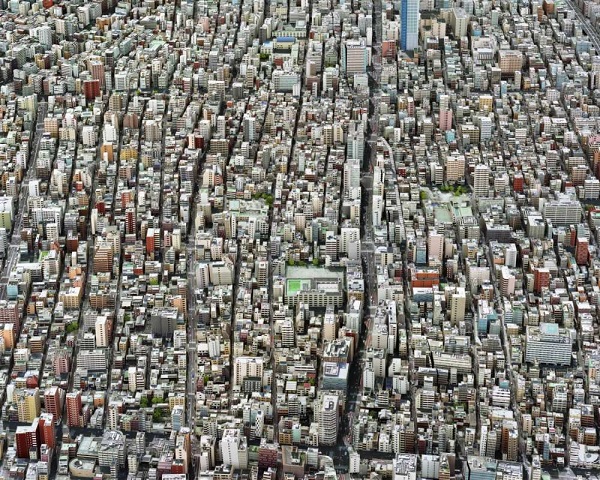
TYO 90835, 2021, Chromogenic print, Collection of the artist ©TAIJI MATSUE Courtesy of TARO NASU
The Tokyo Photographic Art Museum will adhere to relevant guidelines and take necessary measures to prevent the spread of the novel coronavirus. We ask for your understanding regarding inconveniences for this time. [Notices to Visitors]
2F
MATSUE TAIJI: makietaCC
Nov. 9, 2021—Jan. 23, 2022
- Nov. 9, 2021—Jan. 23, 2022
- Closed Mondays (except when Monday falls on a holiday, in which case the museum is open and closed the following day), New Year’s holidays
- Admission:Adults ¥700 / College Students ¥560 / High School and Junior High School Students, Over 65 ¥350. *Admission is free for grade school children or younger; junior high school students living or attending schools in the Tokyo metropolitan area, holders of Japan’s disability identification cards (shogaisha techo) together with two caregiver, and holders of the museum’s annual passport.
It is recommended that you use the online ticket system (timed entry reservation.)
Matsue Taiji (born in Tokyo in 1963) has used a unique perspective to photograph the earth’s surface all over the world. When shooting, Matsue obeys the following rules: he excludes the horizon line and the sky from the picture plane, and makes use of direct light to prevent any shadows from being cast on his subject. This creates a flat quality that raises questions about the true nature of photography. In this exhibition, we introduce two of Matsue’s ongoing series including a number of new works.
As the title CC (an abbreviation for “city code”) suggests, each of the works in the series, which Matsue began in 2001, bears the code of the place where the picture was taken. The series, which starts in Athens, Greece, faithfully depicts various aspects of the cities, located in a wide range of countries, that the artist visited. By focusing on the entire picture plane, Matsue eliminates depth and equalizes everything in the photograph.
The works in makieta, a series Matsue began in 2007, also bear a city code and place name. The title means “model” in Polish, and the photographs depict models of cities and topographies all over the world based on the same rules that Matsue uses when shooting an actual city or natural environment. A model in a museum in Quito, Ecuador served as the starting point for the series, in which the landscapes that emerge from the models when seen through the camera lens appear so elaborate that they could easily be mistaken for the real thing. It is this ambiguity that underscores the essential nature of photography. In addition to indicating Matsue’s current position through these two series, which include some new works, this mid-career solo exhibition explores the potential of these expressions.
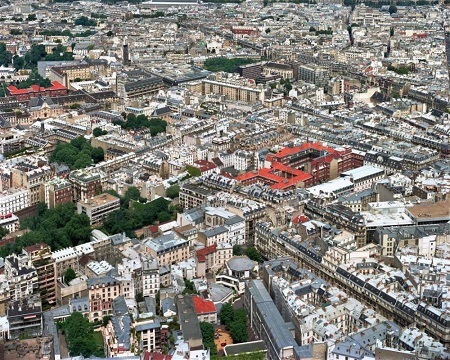
PAR 32319, 2008, Chromogenic print, the amana collection ©TAIJI MATSUE Courtesy of TARO NASU

LPB 1733, 2021, Chromogenic print, Collection of the artist ©TAIJI MATSUE Courtesy of TARO NASU
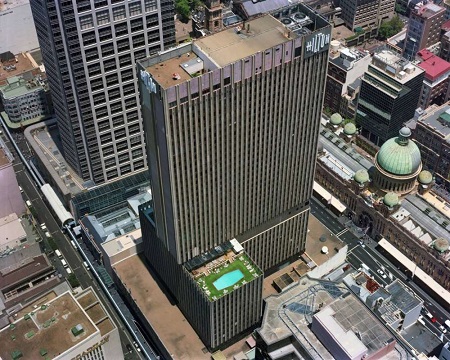
SYD 20119, 2012, Chromogenic print, Collection of Tokyo Photographic Art Museum ©TAIJI MATSUE Courtesy of TARO NASU
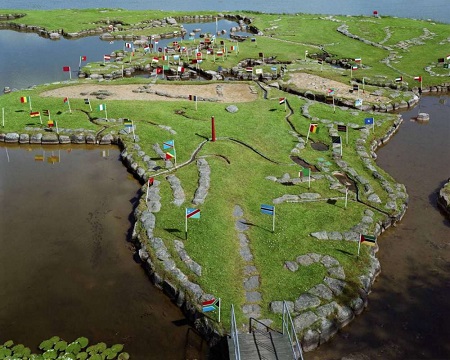
DENMARK 17939, 2012, Chromogenic print, Collection of Tokyo Photographic Art Museum ©TAIJI MATSUE Courtesy of TARO NASU
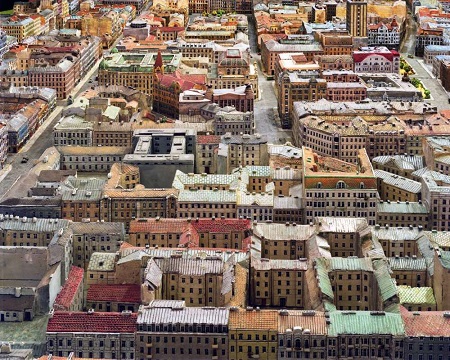
WAW 62222, 2021, Chromogenic print, Collection of the artist ©TAIJI MATSUE Courtesy of TARO NASU
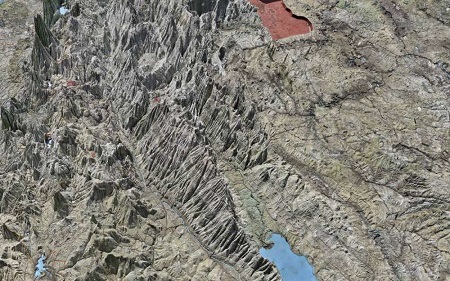
Guatemala 1904, 2021, Chromogenic print, Collection of the artist ©TAIJI MATSUE Courtesy of TARO NASU
Matsue Taiji|
Born in Tokyo in 1963. Graduated from the Department of Earth and Planetary Science, Faculty of Science, University of Tokyo. Won the 27th Kimura Ihee Award in 2002. He has published several photo books, including gazetteer (2005), CC (2005), JP-22 (2006), cell (2008), jp0205 (2013), LIM (2015), and Hashima (2017). Major exhibitions include Taiji MATSUE: Surficial Survey at the IZU PHOTO MUSEUM (2012) and TAIJI MATSUE gazetteer at the Hiroshima City Museum of Contemporary Art (2018).
*The schedule is subject to change. Any further changes will be announced.
Organized by Tokyo Metropolitan Government, Tokyo Metropolitan Foundation for History and Culture, Tokyo Photographic Art Museum
Organized by Tokyo Metropolitan Government, Tokyo Metropolitan Foundation for History and Culture, Tokyo Photographic Art Museum


![チラシ1[pdf]](http://topmuseum.jp/upload/4/4032/thums/makietaCC_flyer.png)